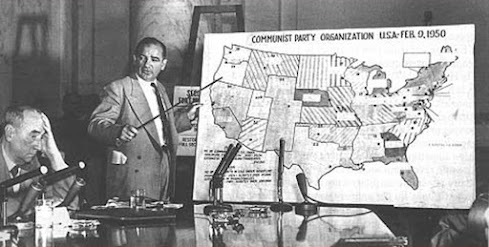Shakespeare
Henry V, le soldat amoureux
King Henry. If thou canst love a fellow of this temper, Kate, whose face is not worth sun-burning, that never looks in his glass for love of anything he sees there ; let thine eye be thy cook. I speak to thee plain soldier. If thou canst love me for this, take me ; if not, to say to thee that I shall die is true, but for thy love, by the Lord, no. Yet I love thee too. And while thou livest, dear Kate, take a fellow of plain and uncoined constancy, for he perforce must do thee right, because he hath not the gift to woo in other places. For these fellows of infinite tongue, that can rhyme themselves into ladies’ favours, they do always reason themselves out again. What ! A speaker is but a prater ; a rhyme is but a ballad. A good leg will fall, a straight back will stoop, a black beard will turn white, a curled pate will grow bald, a fair face will wither, a full eye will wax hollow ; but a good heart, Kate, is the sun and the moon ; or rather the sun and not the moon, for it shines bright and never changes but keeps his course truly. If thou would have such a one, take me. And take me, take a soldier. Take a soldier, take a king. And what sayest thou then to my love ? Speak, my fair, and fairly, I pray thee.
LE ROI HENRY. – Si tu peux aimer un gars de ma trempe, Kate, dont le visage n’a plus à brunir au soleil, qui ne se regarde jamais dans son miroir pour y voir quelque chose de plaisant, que tes yeux soient alors ton maître queux. Je te parle en soldat loyal. Si tu peux m’aimer tel quel, prends-moi ; sinon, te dire que j’en mourrai, c’est la vérité, mais pour l’amour de toi, par Dieu, sûrement non. Pourtant, je t’aime vraiment. Tant que tu vis, chère Kate, prends un compagnon à la constance parfaite et sans calcul, car il doit te traiter décemment, puisqu’il n’a pas le don de courtiser ailleurs. Quant à ces gaillards à la langue bien pendue, qui savent rimer* pour obtenir les faveurs des dames, ils gâchent eux-mêmes leur cause. Car enfin ! Un beau parleur n’est qu’un bavard ; un poème n’est que chanson. Une belle jambe finit par s’étioler, un dos droit par se courber, une barbe noire par blanchir, une tête bouclée par devenir chauve, un visage par se flétrir, un regard vif par se creuser ; mais un cœur bon, Kate, est comme le soleil et la lune ; ou plutôt le soleil, pas la lune, car il brille sans changer ni dévier de sa course. Si tu veux quelqu’un comme ça, prends-moi. En me prenant, tu prends un soldat, et avec le soldat, tu prends un roi. Alors, que dis-tu de mon amour ? Parle, ma belle, et sincèrement, je t’en supplie.
Henry V, V, 2, 142 s.
* Shakespeare s’applique à faire parler
Henry en prose, évidemment.




Commentaires
Enregistrer un commentaire